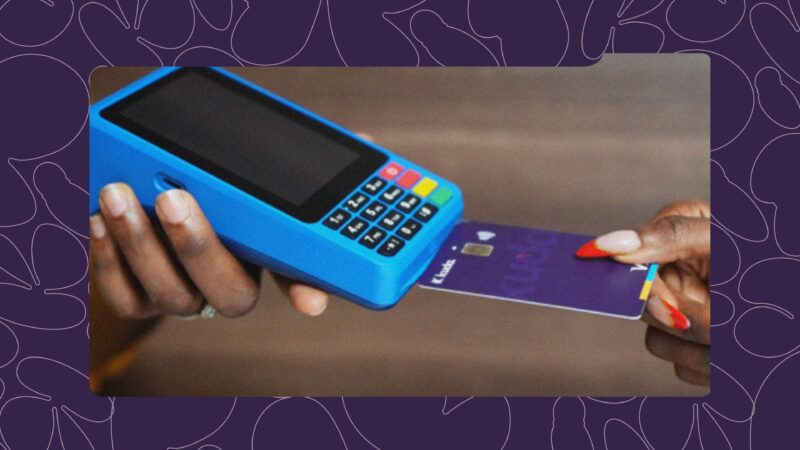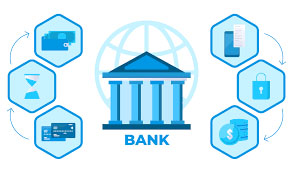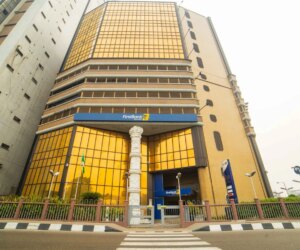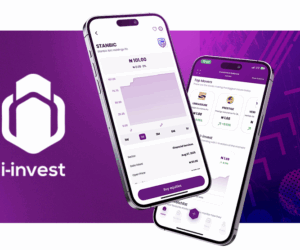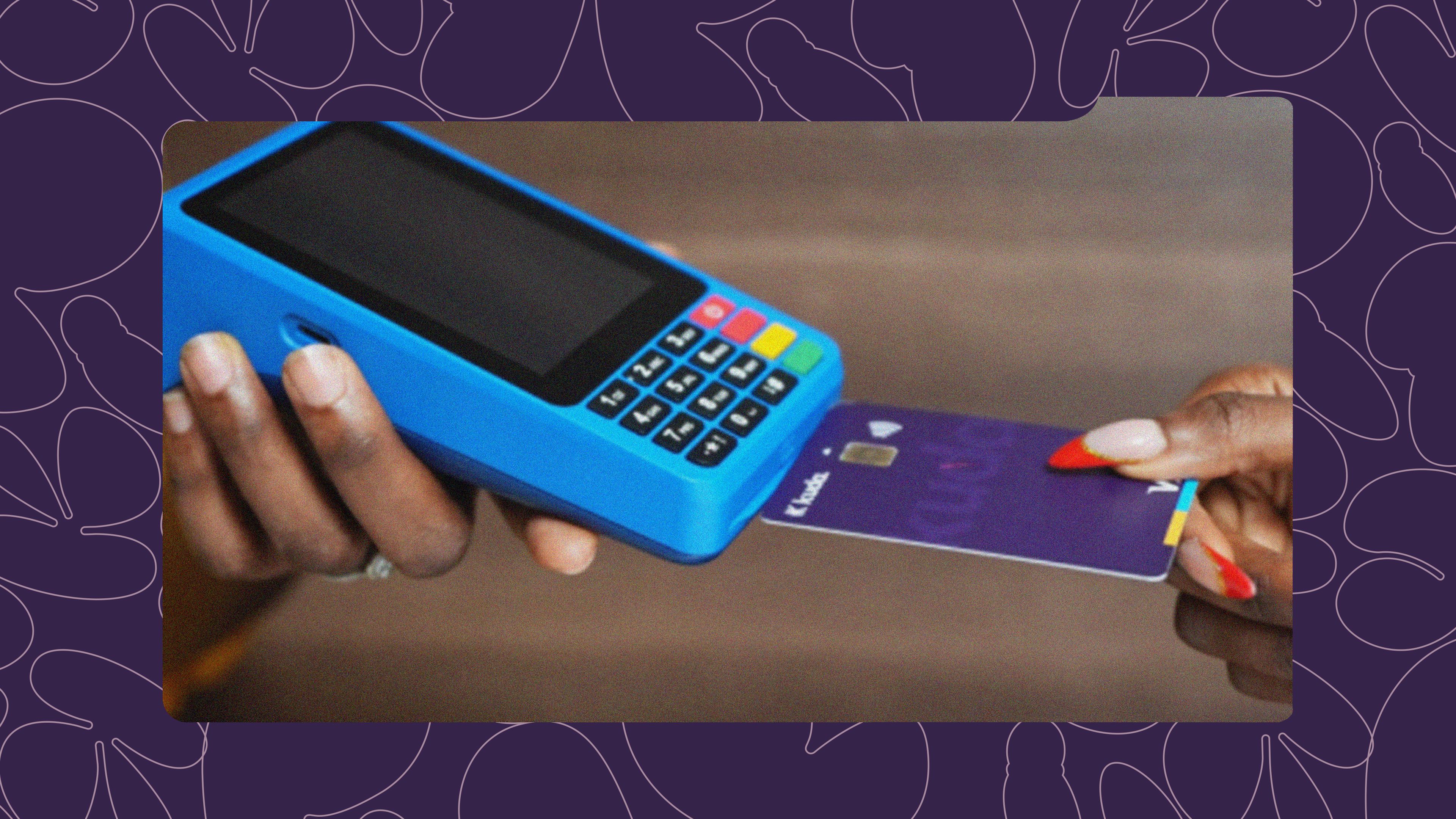
Something big is happening in Nigeria. Walk through any busy market in Lagos or Kano today. You’ll see roadside vendors with POS terminals next to their goods. What seemed impossible a few years ago is now normal.
What changed?
The recent push for a cashless policy got things moving. Suddenly, businesses that only ever took cash had to adapt. Street food sellers, local chemists, and taxi drivers all needed a new way to get paid, or they’d risk losing customers. Modern POS solutions like Kuda’s offering now provide flexible payment options for businesses of all sizes.
The numbers tell an incredible story. In 2024, POS transactions hit a record ₦18.32 trillion. That’s a huge jump from ₦10.7 trillion in 2023, according to NIBSS data. Transaction volumes hit 1.38 billion uses in 2024, and the number of terminals out there more than doubled to 5.5 million.
Nigeria now leads Africa’s cashless revolution. This change didn’t start in boardrooms. It happened in crowded markets. Traders realised that accepting cards meant more sales, safer transactions, and happier customers.
Good for business, good for customers
For millions of people, POS systems created a new way to earn income.
But the benefits go beyond that. Handling cash is risky. You worry about theft, fake notes, and endless trips to the bank. POS transactions get rid of those headaches.
The fierce competition within this space actually helps. With so many new POS providers, prices go down and service quality gets better for merchants.
But here’s where it gets really interesting. The POS terminal stopped being just a card reader and became a small business center.
A single device now handles:
-
Card payments and cash withdrawals
-
Bill payments for utilities and subscriptions
-
Airtime and data purchases
-
Money transfers between customers
This has turned local shops into neighbourhood financial hubs. A shop owner in a rural area might find that their POS terminal brings in new customers, who then stay to buy other things.
Overcoming infrastructure and regulatory hurdles
Of course, there have been hurdles.
Recent rules requiring registration for POS operators made many small business owners worry. Transaction fees also cut into small profits. And then there’s the classic problem: power and network.
But people adapt. Business owners use solar-powered devices, share generator costs, or find backup network solutions. At the same time, network coverage is slowly getting better.
The competitive landscape driving innovation
The number of POS terminals in Nigeria keeps growing.
According to NIBSS data, the number of registered POS terminals jumped from 3.5 million to 7.8 million in just one year (from December 2023 to December 2024). That’s 4.3 million new machines.
This rapid expansion drives real improvements for merchants:
-
Better transaction rates: Providers compete on fees, reducing costs for operators
-
Enhanced technology: Newer devices offer faster processing and longer battery life
-
Improved customer support: Companies invest heavily in local support teams
-
Flexible payment terms: Some providers offer equipment financing or revenue-sharing models
Better transaction rates: Providers compete on fees, reducing costs for operators
-
Enhanced technology: Newer devices offer faster processing and longer battery life
-
Improved customer support: Companies invest heavily in local support teams
-
Flexible payment terms: Some providers offer equipment financing or revenue-sharing models
Different providers focus on different types of customers. Some are for big retailers, while others are built for small traders who just need something simple. This means almost every kind of business, from a roadside vendor to a big supermarket, can find a POS that works for them.
Future trends shaping Nigeria’s digital payment ecosystem
Several exciting technologies are already emerging. For example, QR code payments are gaining traction, especially among younger consumers who prefer scanning codes to carrying multiple cards. This only requires a smartphone, making it accessible to even the smallest businesses.
Artificial intelligence is revolutionising fraud detection, making transactions safer for both merchants and customers.
Blockchain integration promises faster, cheaper cross-border payments for international business opportunities.
Nigeria’s trajectory toward cashless payments is accelerating rapidly. With POS transactions growing by 69% annually, and financial inclusion reaching 74%, the country is well-positioned to achieve its 95% inclusion target set by the Central Bank of Nigeria.
According to the World Bank’s Global Findex 2025 report, Nigeria’s digital payment adoption continues to drive record financial inclusion growth. The real winners will be small businesses that embrace this digital shift now. They’re not just accepting payments differently; they’re becoming the financial backbone of their communities. As competition drives down costs and improves services, every vendor with a POS terminal becomes part of Nigeria’s economic transformation.
#FeaturedPost

